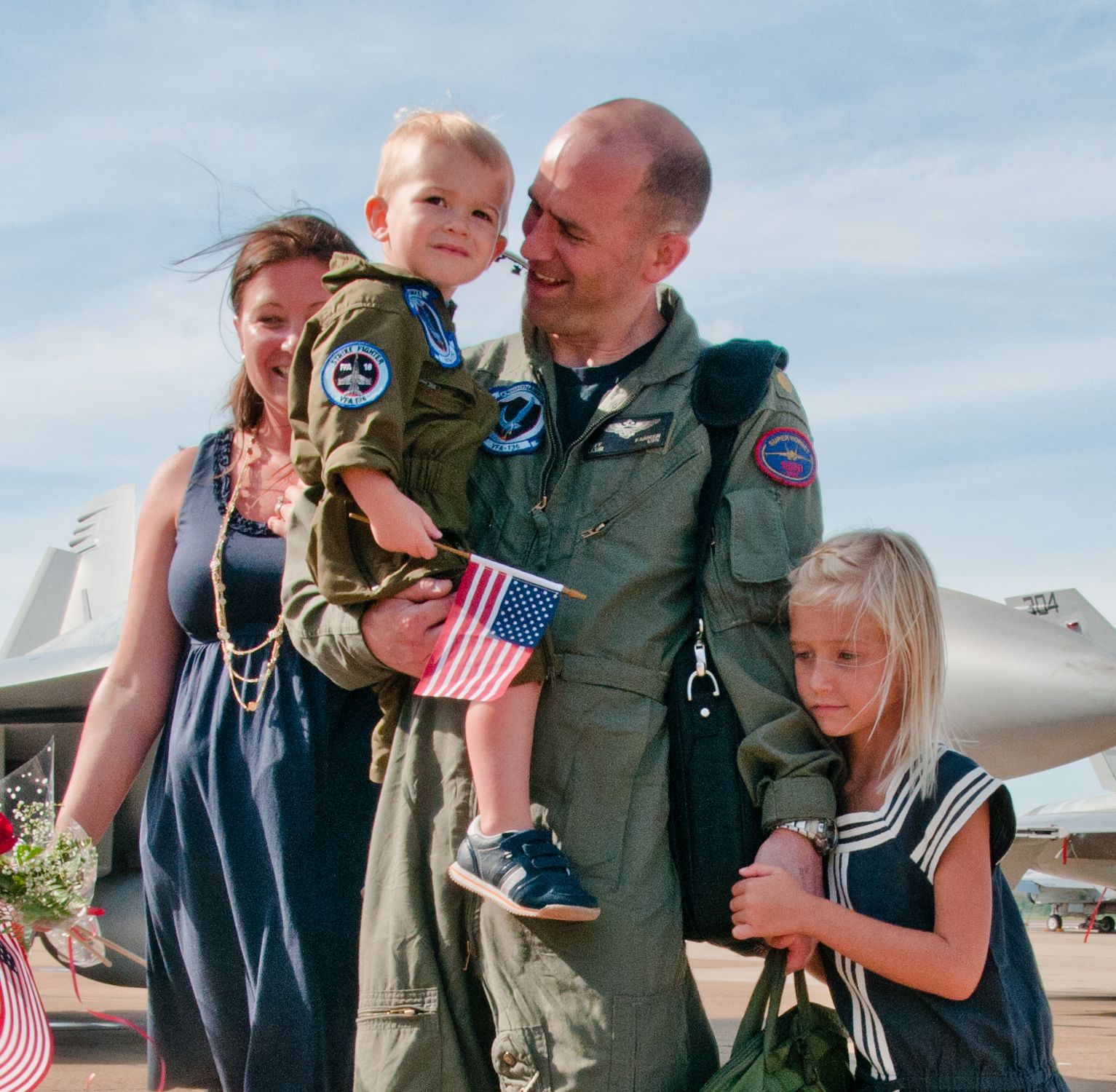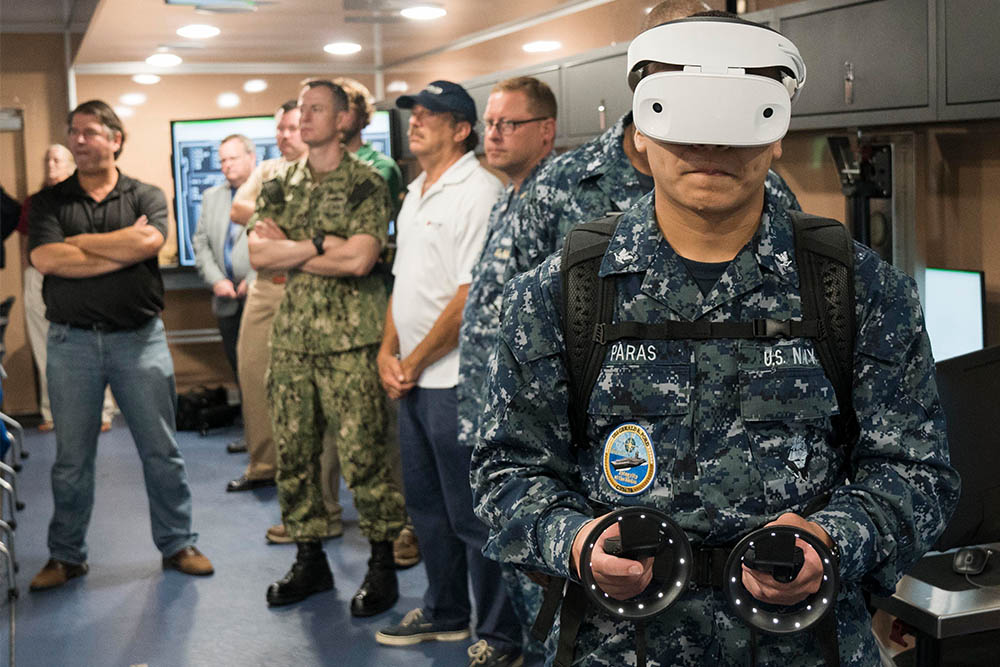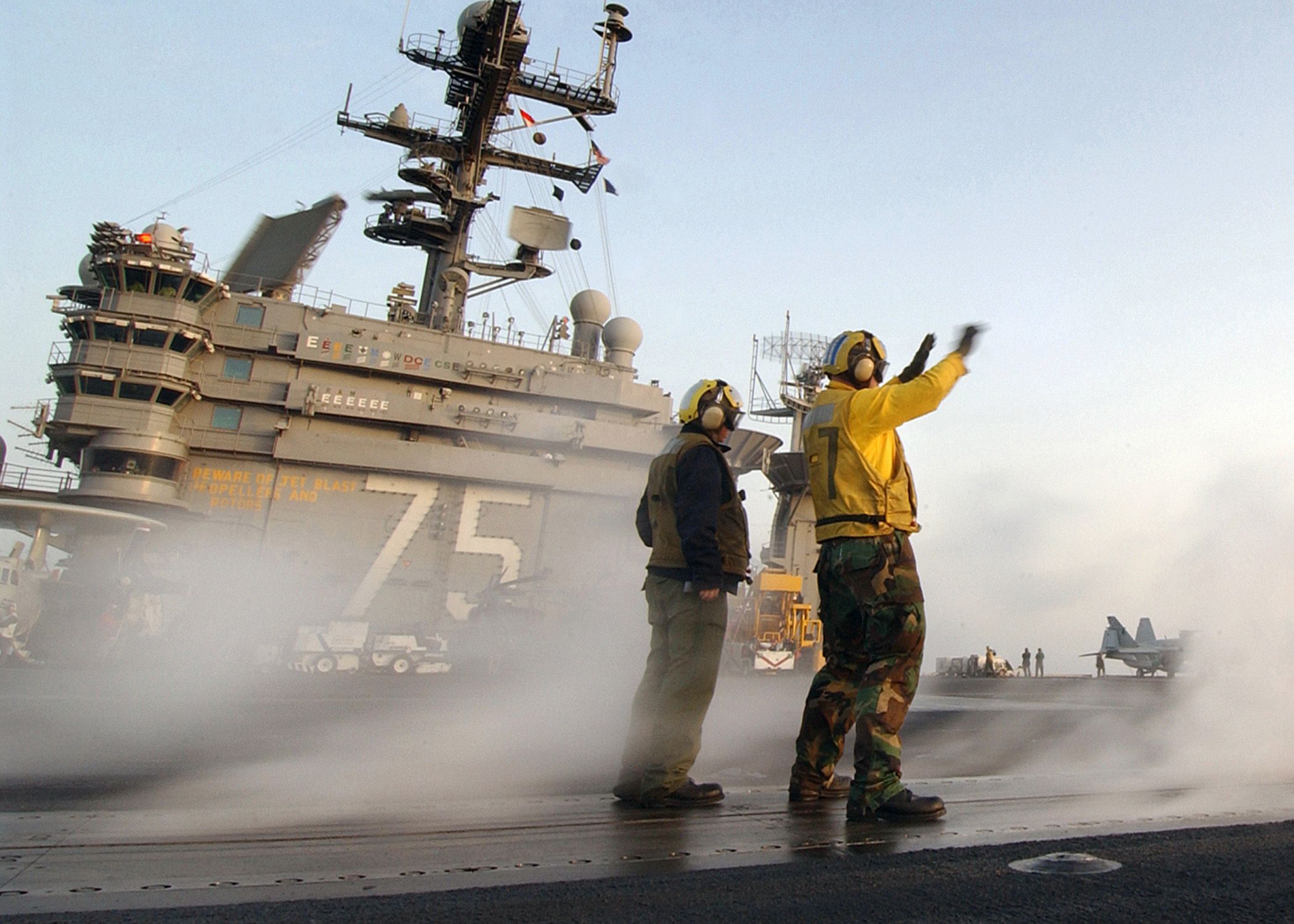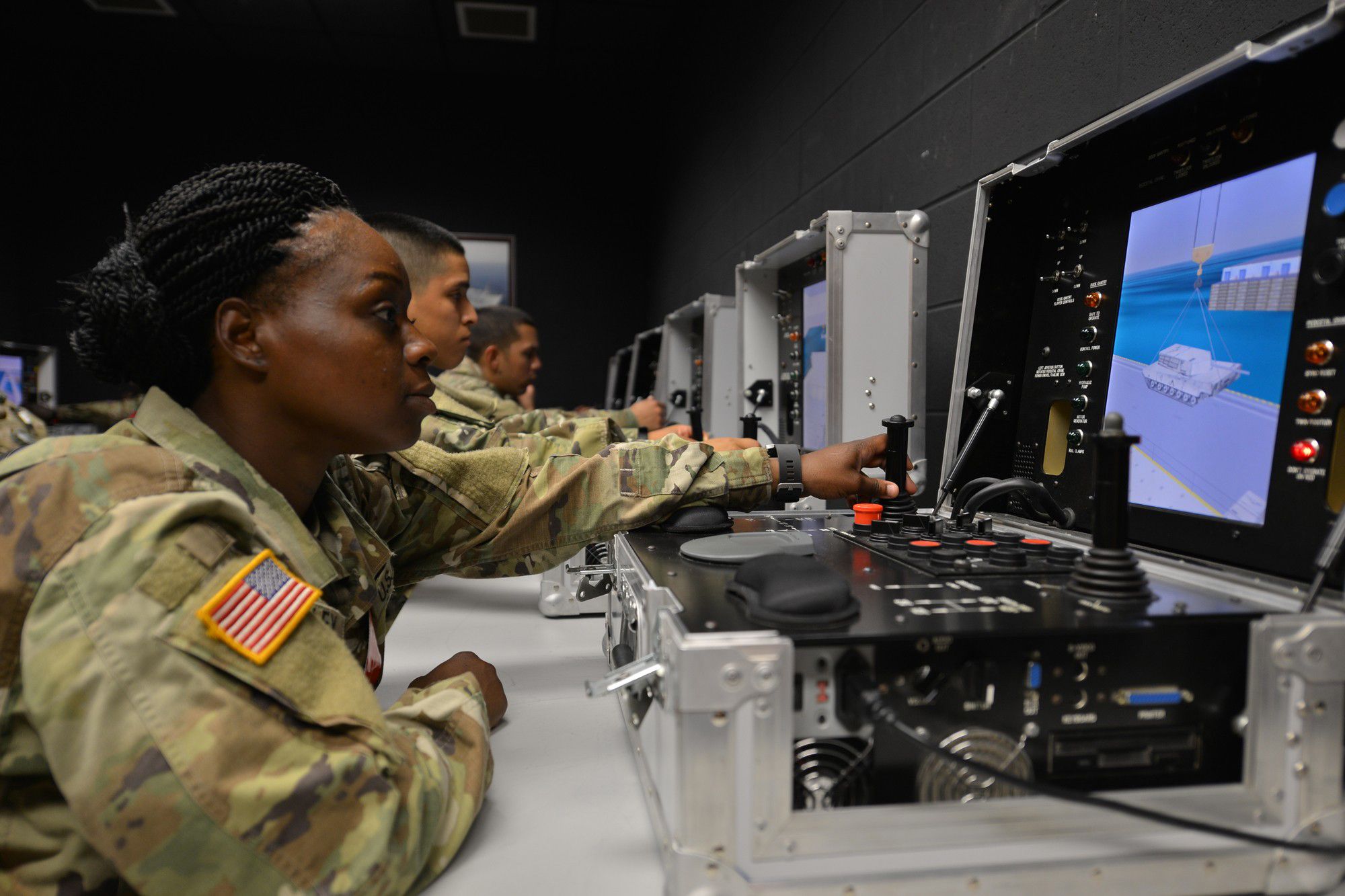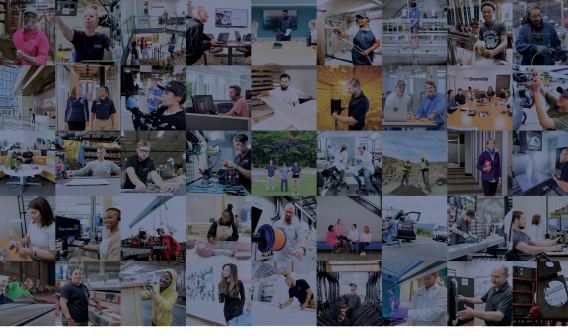“If you’ve got 40,000 employees, your most important lever with your employees is how good are you at the craft of leadership,” said Mike Petters, CEO of Newport News-based Fortune 500 shipbuilding company Huntington Ingalls Industries. “And veterans bring that experience with them in a way that a lot of other parts of our society just don’t.”
A Culture Match
The military culture itself aligns well with a corporate headquarters environment, where good judgment and professional values are vital. That culture is one of the reasons CACI International, Inc., a professional services and information technology company headquartered in Arlington County, has made a commitment to veteran hiring, with veterans or military members comprising 37% of its workforce (including military spouses, National Guard, and reserves).
“The reason we are doing all of this is because of the great value that veterans and military bring to CACI and to our customers,” said Gary Patton, vice president of veteran and military affairs at CACI. “We recognize and appreciate the leadership, the self-discipline, the training, the work ethic, the integrity and, in many cases, the security clearance they bring to our company. They enrich our company with all of those values and attributes, in addition to their experience and their skill sets, and they help make us successful in supporting our customers in the national security space.”
For a company like CACI, with a significant portfolio of government and military customers, hiring veterans just makes good business sense. Patton says he couldn’t imagine the company without its veteran population. “It’s part of our culture, it’s part of our DNA, and it’s ingrained in everything we do.”
Mattocks notes that a lot of desirable qualities which aren’t easily vetted in a traditional interview process generally shine in the veteran community.
“A person who has volunteered to serve probably brings some soft skills that we don’t often talk about — their honor, valor, integrity,” Mattocks said. “We don’t use that in common terms or in an interview question, but veterans possess that highest level of commitment and the courage to say, ‘Hey, I don’t know that’ — the courage to be truthful. That brings trust pretty fast, and that’s critical for any organization.”
Veterans are an obvious fit for the defense industry, where security clearances are often required and knowledge of government culture is a plus. But Virginia businesses are creating innovative programs to help attract and retain qualified veterans.
Jack McCarthy, a military recruiter at Goochland County-based auto retailer CarMax, estimates that 10% of his company’s hires each year are veterans, and he believes that number will rise based on the company’s work with organizations like the U.S. Chamber of Commerce’s Hiring Our Heroes. In February, Alarm.com, headquartered in Fairfax County, began the second year of its G.R.I.T. apprenticeship program for veterans. The apprenticeship is a one-year paid program that provides full employee benefits, including on-the-job and classroom training and industry certifications.
The Virginia government also offers programs to help veterans find post-military employment. For example, the V3 program is a free training and education program operated by the Virginia Department of Veterans Services. To date, V3 has helped more than 79,000 veterans get hired. The organization offers a free certification program to help employers attract and retain veterans.
Will Work From Anywhere
With the COVID-19 pandemic continuing to affect the workforce, veterans are ready to stand out in corporate offices in other ways — by showing up and getting the job done regardless of their office location.
“In the virtual environment, you have less supervision than in the direct, live office space, and veterans make great employees,” Patton said.
